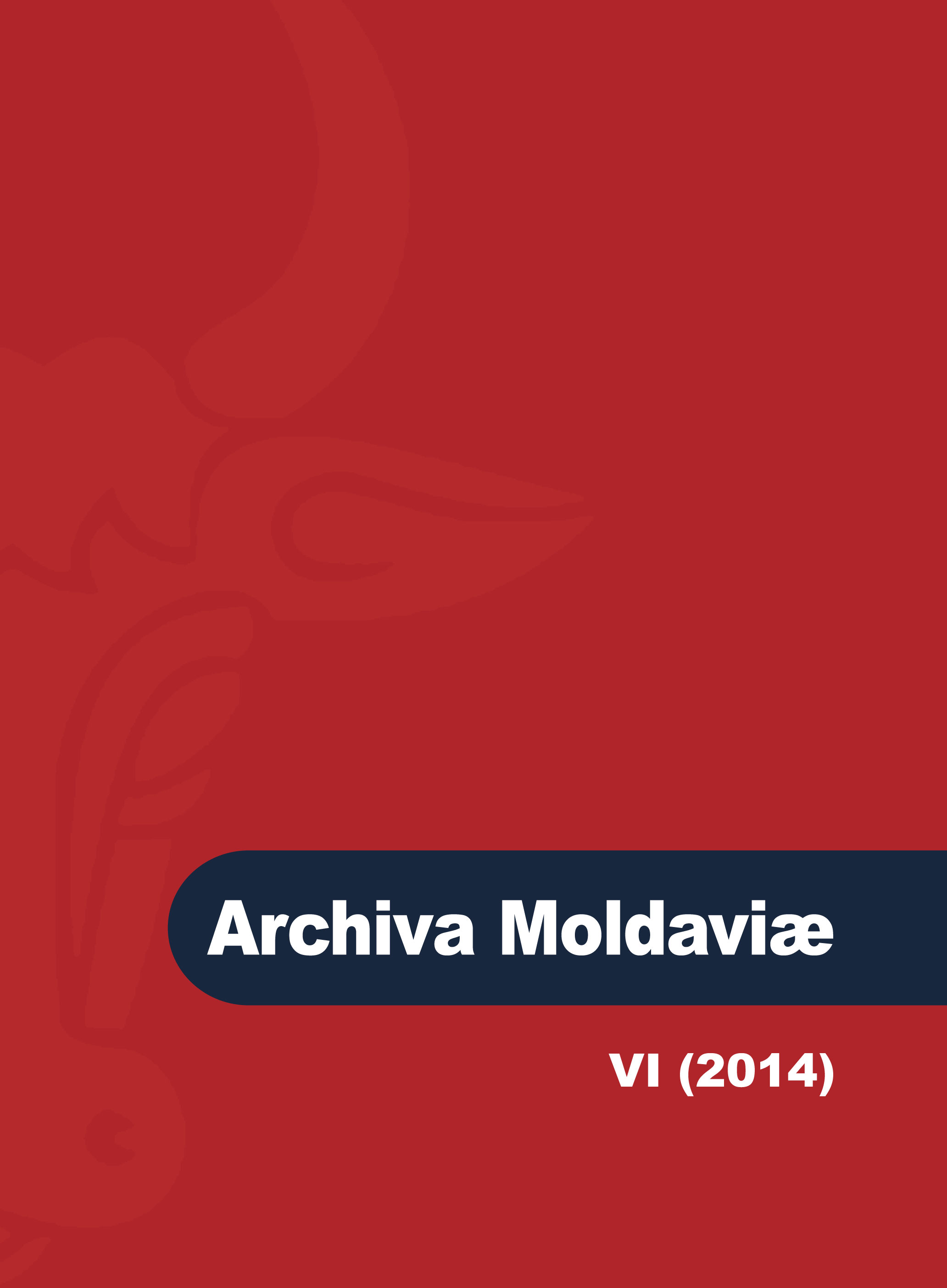Ieremia to Eliade 1899: Notes and Queries
Ieremia to Eliade 1899: Notes and Queries
Author(s): Paul E. MichelsonSubject(s): Cultural history, Interwar Period (1920 - 1939)
Published by: Societatea de Studii Istorice din România
Keywords: Gheorghe Ieremia; Mircea Eliade; Romanian literature; Romanian culture.
Summary/Abstract: It has generally been known that Gheorghe Ieremia (1868-1951), the father of Mircea Eliade (1907-1986), the renowned writer and scholar, changed his name to Gheorghe Eliade in 1899. The paper publishes the original documents officially ratifying the Eliade name change and describes their contents. Secondly, the paper discusses the name change issue as such, something unusual enough at the time that it required a lengthy process culminating in a formal approval at the top of the government, the Council of Ministers.The usual reason given for the change is Ieremia's respect and admiration for Ion Heliade Rădulescu, the 19th century political and cultural leader. However, the documentation for this is weak: Mircea Eliade's recollections from half a century later. Eliade fils is also the sole source of the idea that Ieremia was a pejorative name unsuited for a career military man. A simpler explanation, but also hypothetical, is that the name was derived from Ieremia's father's name: Ilie.Another speculation, which by its nature is difficult to document, was that Ieremia wanted to blur his Moldovan peasant origins as he climbed the military and social ladder and made good in the more sophisticated and competitive environment of the Romanian capital. Social aspiration is not necessarily perverse and there is abundant evidence that Gheorghe Eliade and his wife not only saw themselves as ascending in society, but harbored the usual parental hopes that their children would advance even further. there is a further hint that all of this might be related to generational conflicts, which are also not unusual, but are mostly conjectural.The article concludes by pointing out a number of unresolved questions related to this name change and suggesting some research problems for the future. These include trying to find the original petition for the name change and ascertaining what rationale, if any, is given there for the change; more on the origins of Gheorghe Eliade's wife, who was probably of Oltenian peasant origins, but was part of a fairly wealthy București family when she and her husband married; and a fuller account of Gheorghe Eliade's activities in 1907, the year Mircea was born and the year of the last great peasant uprising in 20th century Europe.
Journal: Archiva Moldaviae
- Issue Year: VI/2014
- Issue No: 6
- Page Range: 341-350
- Page Count: 10
- Language: English

